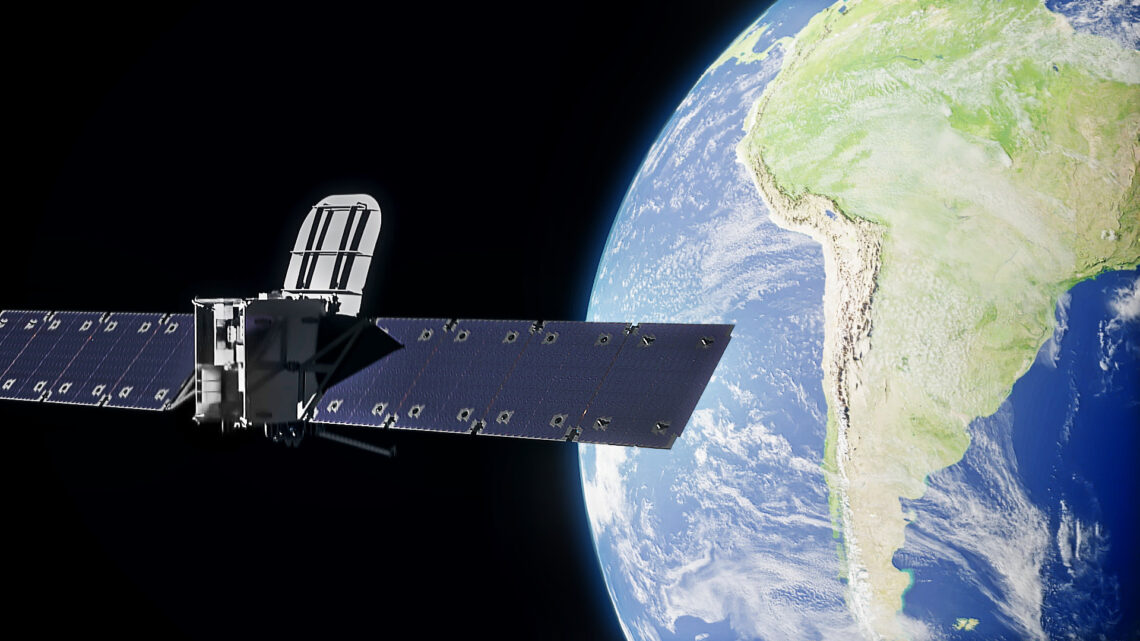WASHINGTON — Astranis said March 18 it has sold a small geostationary broadband satellite slated to launch in 2025 to Orbith, a remote connectivity provider based in Argentina.
The Californian manufacturer has now announced customers for all five satellites in Block 3, its third batch of spacecraft due to launch together on an undisclosed rocket.
Orbith currently leases capacity from satellite operators to connect customers across Latin America, but says availability and prices have held back the company’s growth in countries such as Argentina.
At around 400 kilograms, washing machine-sized satellites from Astranis are scaled for smaller, regional coverage and are cheaper than typical geostationary spacecraft weighing thousands of kilograms — although they also have about half the design life at eight years.
Astranis operates the satellites it builds on behalf of customers and provides the capacity via long-term leases.
“Having a satellite specifically tailored to our needs, and to the demand that we see from our customers in the country, is a massive competitive advantage that will help us expand our coverage across the country,” Orbith CEO Pablo Mosiul said.
Joining Orbith in Block 3 is a recently announced satellite for Thai fleet operator Thaicom, one for capacity reseller Orbits Corp of the Philippines, and two for Mexican telco Apco Networks.
This year, Astranis plans to launch a batch of four Block 2 satellites on a dedicated SpaceX Falcon 9 rocket.
Block 2 was originally due to launch last year before Arcturus, the inaugural Astranis satellite, suffered a solar array component issue after being sent to orbit in April on a SpaceX Falcon Heavy.
Block 2 comprises another satellite for Orbits Corp, two for mobile satellite connectivity specialist Anuvu, and a multi-mission spacecraft called UtilitySat that would provide interim services for Alaskan telco Pacific Dataport, which ordered Arcturus for services…
Read the full article here


